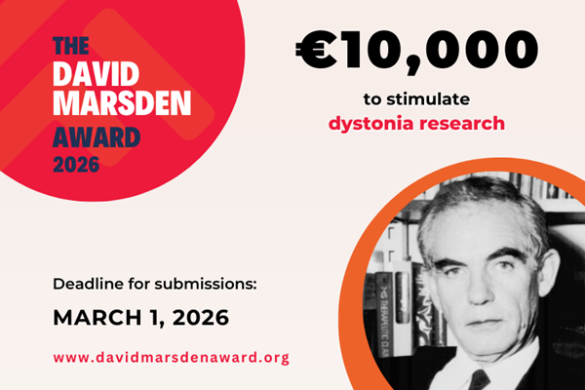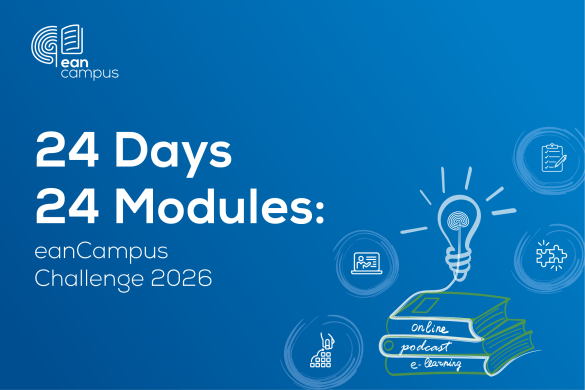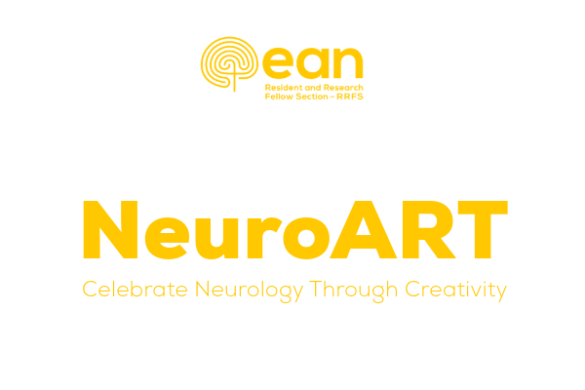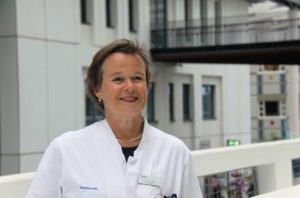
By Agnita Boon, on behalf of the Dutch Society for Movement Disorders
This task force on Movement Disorders of the Dutch Association of Neurology was founded in 2006. The board consist of representatives with special interest in movement disorders of university medical centres and general hospitals.

Our objectives are to focus on (1) improvement of care for patients with neurological movement disorders (e.g. through guidelines and share best practices); (2) the organization of structured professional education (we organize two successful national teaching courses each year) and (3) coordination and stimulation of innovative research in the field of movement disorders (the Dutch UMC’s are collectively very active and productive in the field of research in movement disorders). Here, I want to emphasize two innovative initiatives in the care for patients with movement disorders, that were both developed under the flag of the task force.

The first is ParkinsonNet, a national network of healthcare providers for Parkinsonian patients. The founders of the ParkinsonNet are Bas Bloem and Marten Munneke (both Radboudumc Nijmegen). The idea behind the concept was to improve the quality of care by: (1) delivery of care according to evidence based guidelines; (2) continuous education and training of ParkinsonNet therapists; (3) patient education; (4) structured referral to ParkinsonNet therapists by neurologists, enabling each therapist to attract a large enough number of PD patients to maintain and increase expertise and (5) optimal communication between ParkinsonNet therapists and hospital professionals via supportive technology like www.ParkinsonConnect.nl. ParkinsonNet started as a regional pilot in 2004. The network gradually spread across the country and since 2010 the whole country is covered with currently 70 local networks consisting of mainly allied health personnel (physical, speech and occupational therapists), but also PD nurses, dieticians, social workers, psychologists, psychiatrists, rehabilitation and geriatric medicine specialists, and neurologists. Research has shown that this care model leads to a better quality of the care with a decrease in complications (a marked reduction in hip fractures for example) with a substantial reduction in healthcare costs. In 2014 ParkinsonNet went abroad to California, with a collaboration with Kaiser Permanente, a leading healthcare provider and non-profit insurance company. Recently the ParkinsonNet care model started its implementation in Norway. Besides all training programs for the healthcare providers there is also ParkinsonTV, a web based and informative television program for patients, their family and care givers. There is a live broadcast every month online. A varying theme will be discussed with the possibility for the audience to ask questions. The themes vary from traveling and eating with PD to new developments concerning PD.

After the success of the ParkinsonNet Marina de Koning-Tijssen (UMC Groningen) established the DystonieNet together with Bob van Hilten (Leiden UMC) and Bart van de Warrenburg (Radboudumc Nijmegen). They followed the concept of the ParkinsonNet and formed a network of neurologists and physical therapists with experience in the diagnosis and treatment of dystonia. The objective of this network was improving the care in the Netherlands for patients with cervical dystonia. A guideline for the treatment of cervical dystonia with botulinum toxin was developed. An app for the botulinum toxin injections is available. A second guideline for the physical therapy in these patients is under research. The (cost) effectiveness of a standardized treatment program is evaluated. The results are expected later this year.
We enjoy our vivid cooperation now for more than 10 years and hope to continue that in the future with all our colleagues dedicated to movement disorders.
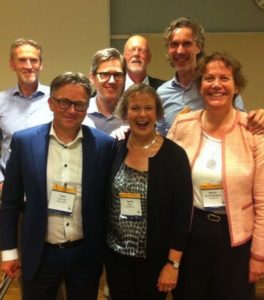
From left to right front row: Teus van Laar (UMCG, Groningen), Agnita Boon (Erasmus MC, Rotterdam), Marina de Koning-Tijssen (UMCG, Groningen); back: Henk Berendse (VUMC, Amsterdam), Jeroen van Vugt (Medisch Spectrum Twente, Enschede), Bob van Hilten (LUMC, Leiden) and Bas Bloem (Radboudumc, Nijmegen)
References:
https://www.ncbi.nlm.nih.gov/pubmed/24647365; Van den Dool J, Visser B, Koelman JH, Engelbert RH, Tijssen MA. Cervical Dystonia: effectiveness of a standardized physical therapy program: study design and protocol of a single blind randomized controlled trial. BMC Neurol, 2013; 13: 85.
Dr. Agnita Boon works as a neurologist at the Erasmus MC, Rotterdam, The Netherlands







